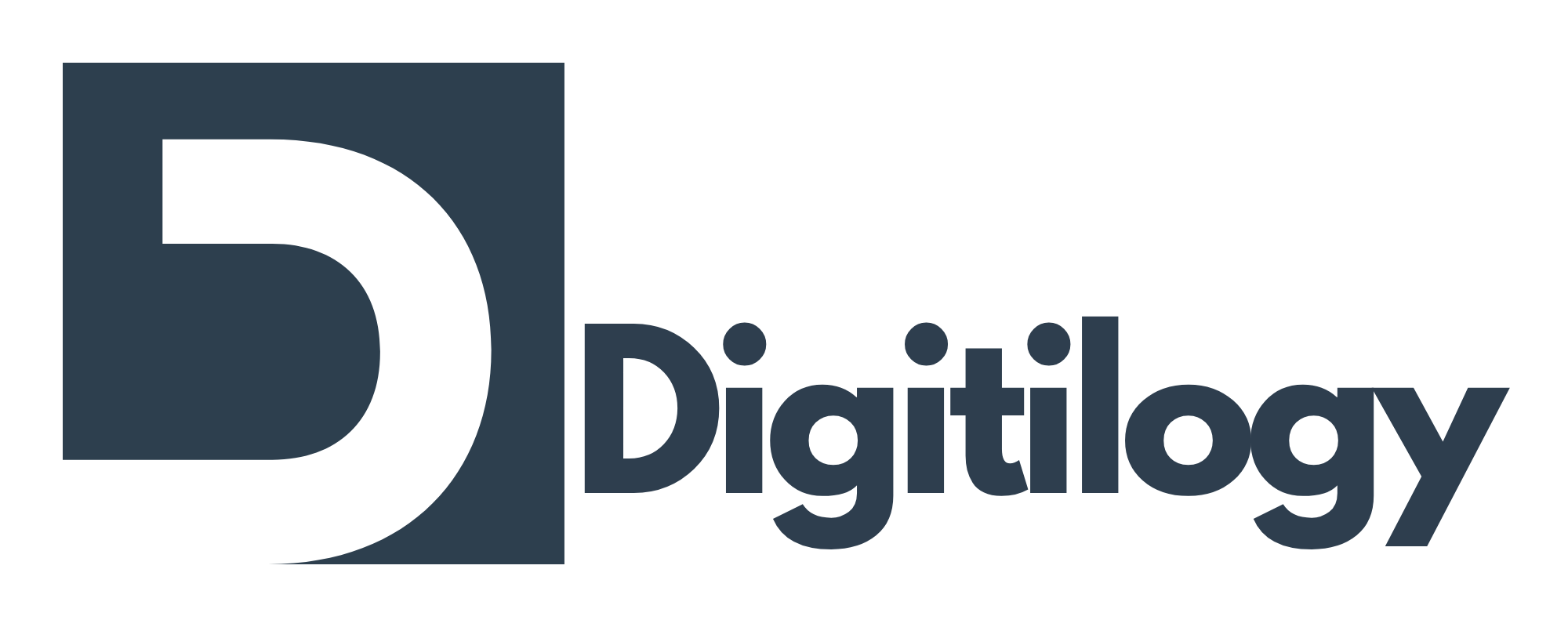Social Media and its Societal Impact: A Double-Edged Sword

Social media has revolutionized the way people connect, communicate, and share information, but its impact on society is complex and multifaceted. On one hand, social media platforms have fostered unprecedented levels of connectivity, allowing individuals to form relationships, engage with content, and participate in global conversations like never before. On the other hand, these platforms have also raised significant concerns about mental health, misinformation, privacy, and the spread of harmful content. The societal impact of social media is a double-edged sword, with both positive and negative consequences that must be carefully considered.

One of the most profound effects of social media is the way it has transformed communication. Social platforms such as Facebook, Twitter, and Instagram enable individuals to stay connected with family, friends, and colleagues, regardless of geographical location. Social media has also democratized the flow of information, allowing anyone with an internet connection to share their thoughts, experiences, and ideas with a global audience. This has led to greater political and social activism, as movements like #MeToo and Black Lives Matter have gained traction and mobilized millions of people around the world. Social media has given a voice to marginalized groups, making it easier for them to advocate for change and bring attention to issues that might otherwise go unnoticed.

However, the rise of social media has also brought about new challenges. One of the most significant concerns is the spread of misinformation. With millions of users sharing content daily, it is easy for false or misleading information to go viral. Whether it's conspiracy theories, fake news, or misleading health advice, misinformation on social media can have serious real-world consequences. The challenge lies in distinguishing fact from fiction in a landscape where everyone has the power to publish content, regardless of its accuracy. Social media companies have implemented measures to combat misinformation, but the problem persists, highlighting the need for greater media literacy and responsible platform governance.

Another negative impact of social media is its effect on mental health. Studies have shown that excessive use of social media can contribute to feelings of loneliness, anxiety, and depression. The constant exposure to idealized versions of other people's lives can create unrealistic expectations and foster negative comparisons. The pursuit of likes, shares, and followers can also lead to unhealthy behaviors, as individuals may feel pressured to conform to certain standards of beauty, success, or popularity. Moreover, social media addiction is becoming an increasing concern, with many users spending hours each day scrolling through feeds, often at the expense of face-to-face interactions and other important activities.

In conclusion, social media is a powerful tool that has fundamentally altered the way society operates. While it offers numerous benefits, including enhanced communication, access to information, and opportunities for social change, it also presents significant challenges. From the spread of misinformation to its impact on mental health, social media’s societal impact is a double-edged sword. As users, creators, and regulators continue to navigate this complex digital landscape, it is important to strike a balance between maximizing the positive aspects of social media and mitigating its negative effects.
